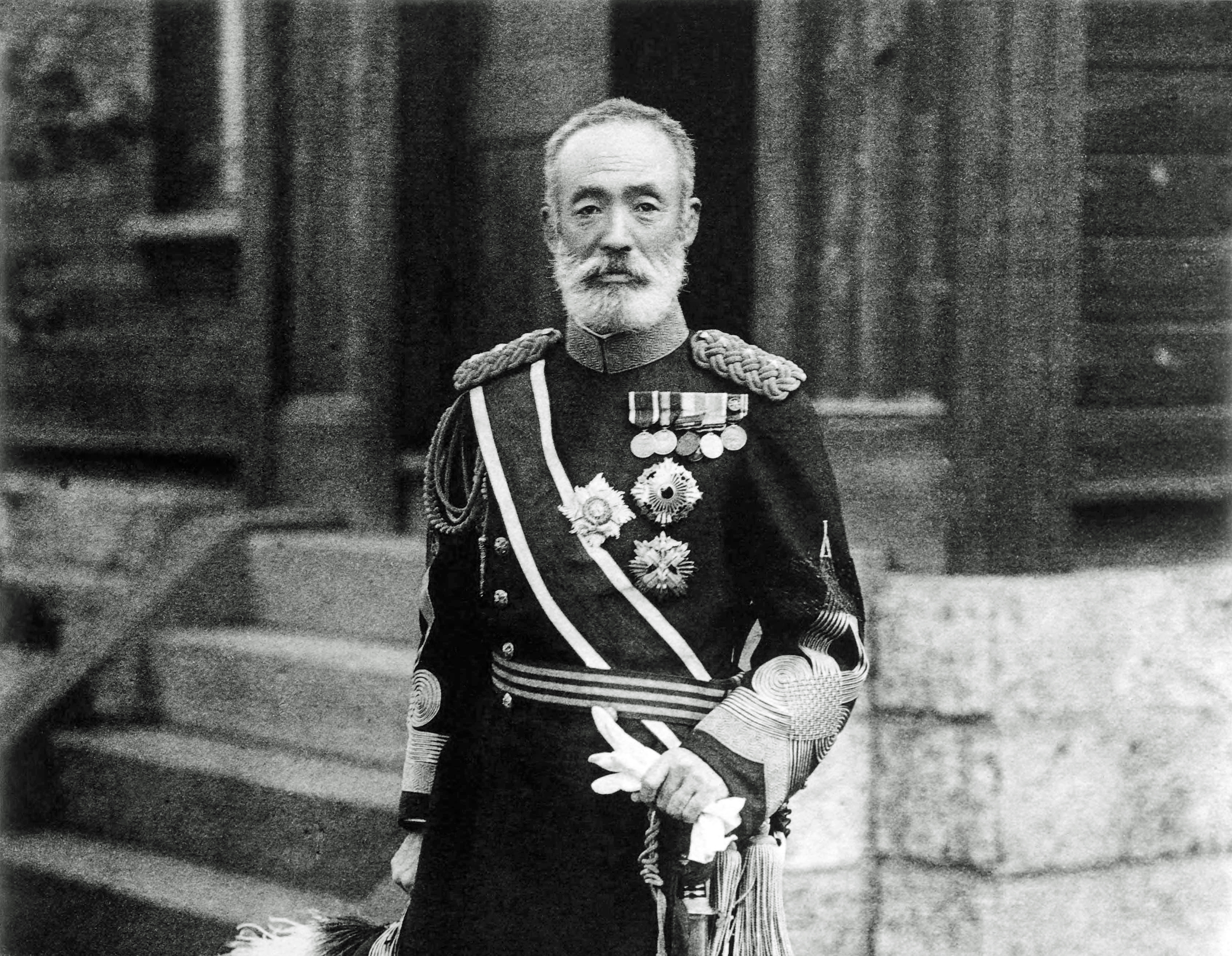In September 1912, Gen. Maresuke Nogi — a hero of the Russo-Japanese War — committed ritual suicide. His sensational death took place on the day of Emperor Meiji's funeral, making it an act of junshi (following one's lord in death) and a high-water mark for the samurai code in the modern era.
Was Nogi's death heroic or absurdly anachronistic? The Edo Period (1603-1868) Confucian scholar Yamaga Soko — a key thinker for 19th-century Bushido theorists — would not have approved: he criticized junshi as symptomatic of sexual relations between samurai.
Two years after Nogi's suicide, novelist Natsume Soseki picked up on this theme when he introduced the general's death at a critical moment in the unfolding of his iconic novel "Kokoro" ("The Heart"). A middle-aged character known as "Sensei" is haunted by the suicide of his closest friend. He bares his soul in a long confession to an impressionable young narrator. Then, hearing news of Nogi's junshi, Sensei dramatically declares that he has decided to commit suicide, too.


















With your current subscription plan you can comment on stories. However, before writing your first comment, please create a display name in the Profile section of your subscriber account page.